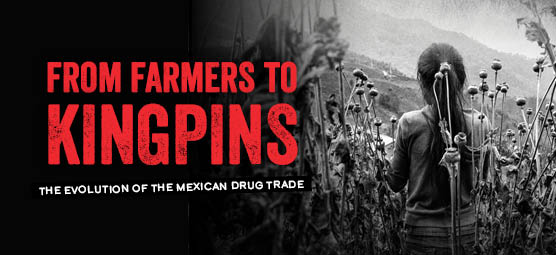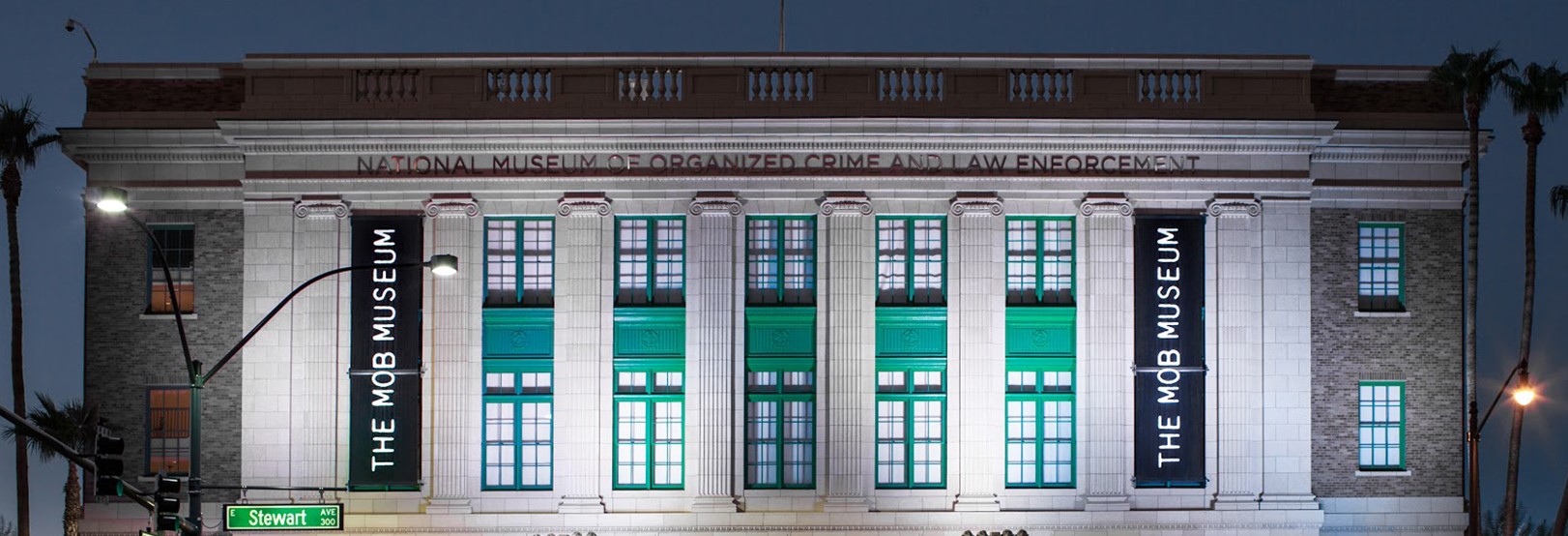Benjamin T. Smith
Benjamin T. Smith has been writing about the history of Mexico for twenty years. He now specializes on twentieth-century politics, the narcotics trade and crime. But he has also researched and written about indigenous politics, Catholicism, conservatism, newspapers, journalism and censorship. He occasionally appears on TV or radio to talk about these subjects.
When I arrived in Mexico two decades ago I didn’t come for the drugs, or the violence, or even the booze (though as a bookish Brit, I had sneaking regard for Graham Greene’s whisky priest and Malcolm Lowry’s mezcal-soaked consul). Like many naive twenty-somethings I came for the politics. The early 2000s were a dead zone for wannabe radicals and to a bored London journalist, Mexico seemed the place to be. It had a revolutionary history relatively untarnished by famines or pogroms; it had a national palace plastered with comic strip murals of dashing heroes; it had authentic indigenous guerrillas in the form of the balaclava-clad Zapatistas (and they were on tour!); it had legions of social movements still not cynical about democracy; and it had a vibrant cultural scene with a playful disregard for its pushy northern neighbor.
If I came for the politics, I stayed for the people. Living in southern Mexico and working as an English teacher, I fell in love with the country and its communities. I fell in love with the people’s warmth, their kindness, their friendship, their wisdom, and their bleak humor (not the sugary Televisa nonsense). When I returned after a year to Cambridge to pursue a PhD on seventeenth-century alchemy I immediately gave it up and switched to studying Mexico.
The choice was a lucky one. Life and work have intertwined. And over the years the ties have gone deep. Such links have allowed me to haunt the grand archives of Mexico City, to spend my weekends watching the crowds in Oaxaca’s beautiful colonial square, and to walk the cactus-strewn hills of rural Mexico. Drawing from archives and interviews I have written nearly sixty pieces on various subjects from indigenous lawmakers, rabble-rousing market women, and militant religious movements, to anti-Communist rebellions, Catholic scientists and most recently, Mexico’s long lineage of ink-spattered journalists, editors, and contrarian hacks.
I have just finished a book on the history of the Mexican narcotics business. It is entitled The Dope: The Real History of the Mexican Drug Trade. The book is based on nearly a decade of research in over thirty U.S. and Mexican archives, hundreds of declassified documents, and dozens of interviews with drug cops and drug traffickers. It attempts to strip away the myths that have always shrouded the trade and instead tell the real story of the people, the networks, and the political protection that has made the trade so important and so violent.
At the University of Warwick, I have been lucky enough to hold grants from the Arts and Humanities Research Council and the British Academy. I am also on the 2021 Research Excellent Framework panel for History.






